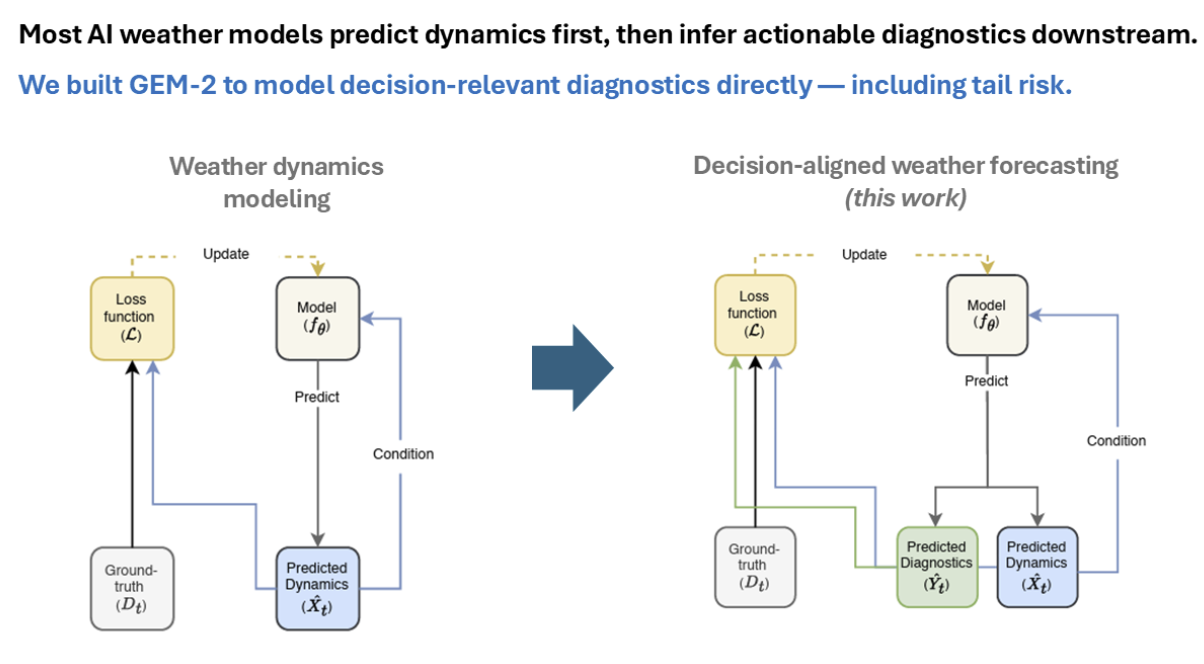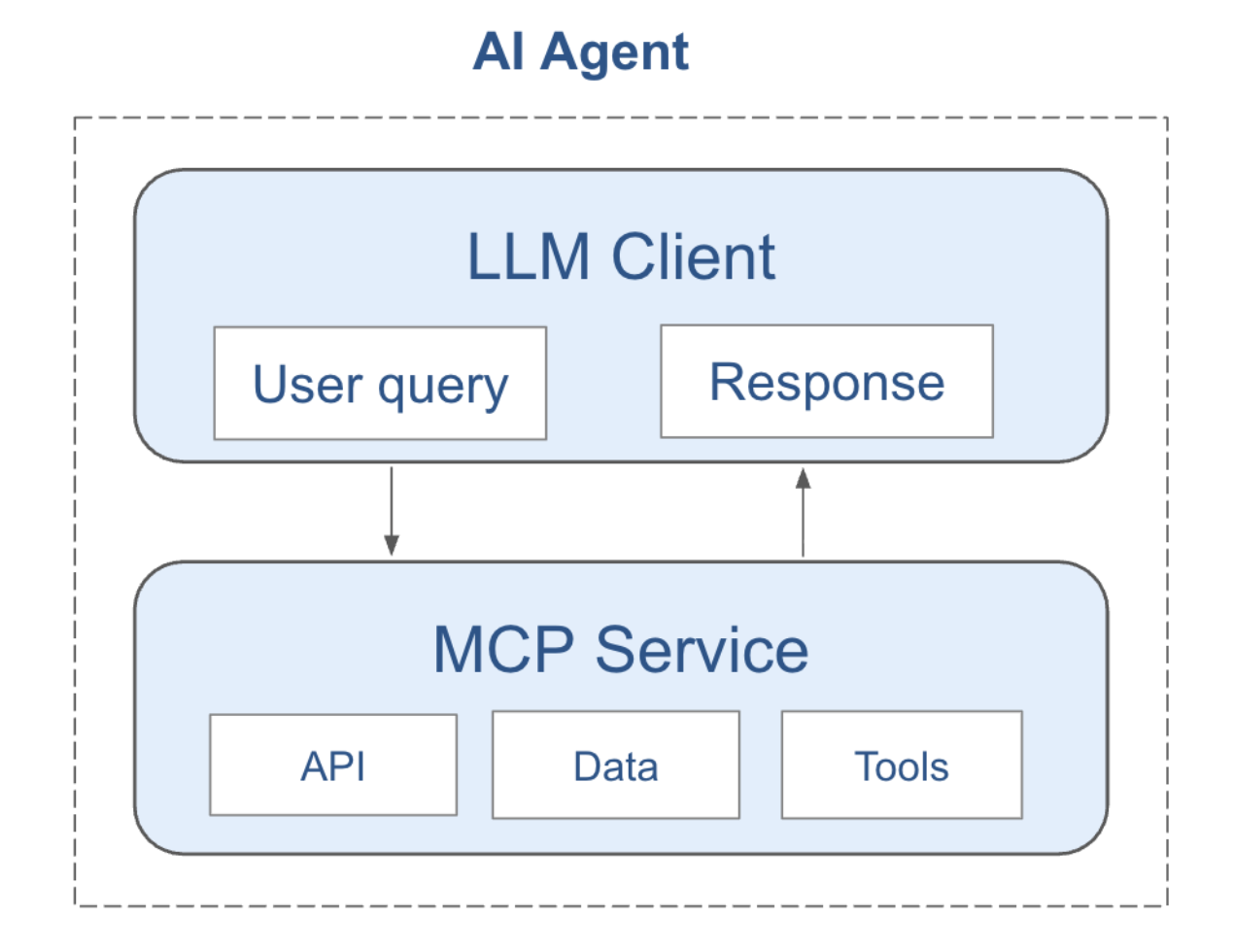
July 18, 2024
July 18, 2024
Farmers with S2S Forecasts - Salient goes to Nairobi
Salient has partnered with the Gates Foundation and TomorrowNow to bring actionable sub-seasonal to seasonal (S2S) weather predictions to East Africa. Our shared goal is to increase agricultural productivity and food security in the region amidst the challenges of a changing and volatile climate.
In June 2024, four Salient team members traveled to Nairobi for our first face-to-face meeting in the region.

Recap
The Nairobi-based workshop on June 6-8 was hosted by TomorrowNow, and brought partners of the Osiris project together under the shared objective to bring weather technology to 100 million farmers by 2030. Partner introductions began at the airport and conversations carried on throughout workshop sessions. Fellowship and collaboration continued during breaks, over meals, and into evenings. The enthusiasm of each group to contribute to the project was foundational to productive and exciting workshop sessions.
Why this matters
Farmers are challenged to build resilience and invest in adaption as the climate changes and drives increasing weather volatility. Accurate and reliable weather forecasts that farmers trust can improve their financial outcomes, as shown in a working paper by Fiona Burlig et al at the University of Chicago’s Energy Policy Institute (EPIC). According to the authors, both “good news” and “bad news” (when coming from a trusted forecast) drive farmers’ actions towards better financial outcomes, demonstrating the positive impact of long-range forecasts on agricultural decision-making in developing countries.

Challenges & Opportunities
Delivering weather insights to millions of smallholder farmers is no small task. In the Seasonal Forecasting session, the group broached broader challenges, such as: How do you communicate probabilistic decision-making to the individual farmers and enable risk tolerance? Each farmer-facing organization (FFO) had their own approach to this question, which helped build our understanding of the many ways Salient’s forecasts create value given thediffering needs of the end users.
FFOs at the workshop included: Regrow Ag, CGIAR, International Rice Research Institute (IRRI), Regen Organics, and CABI/Assimila (see TomorrowNow’s full list of partners). Each group’s ambition and experience, along with a range of approaches – from pest & disease modeling to decision-support services – gave us confidence that future on-the-ground applications of our forecasts in the region will make a difference for smallholder farmers.
Validation was an important topic at the workshop. The focus was on validating reanalysis data using reliable ground observations for the region. Our validation conversation also probed how to provide high-quality, analysis-ready data for climate and crop modeling, satellite calibration and scientific research. Salient is partnered with Genevieve Flaspohler of Rhiza Research on forecast validation for this project; together we discussed the need for high-quality verification data and open-source data to establish trusted forecast validation benchmarks.

Takeaways
Although offering subseasonal and seasonal decision-support to farmers presents a significant challenge, the need for agricultural planning on S2S horizons in East Africa is only growing as climate change progresses. The Salient team learned the nuances of S2S data’s value to farmer-facing organizations (FFOs) as inputs to support their use cases, such as crop simulation, crop variety modeling, integrated crop advisories, and pest & disease modeling.
And although communicating the subseasonal and seasonal insights downstream of these models could be challenging, FFO partners are experienced in providing decision-support for smallholder farmers in the region, further equipping the group to deliver the broader Osiris objective.
The trip was rewarding for team Salient as we deepened our partnership with the Gates Foundation.
Two Bonuses
At the end of the workshop, we took a drive through Nairobi National Park to spot wildlife, rounding out a wonderful experience.

Also, after the conference Salient CTO Karl Critz climbed Mount Kenya supported by eight Kenyan guides and porters. In addition to guiding, the porters also farm. They generously shared their experiences with information-assisted agriculture.

Key takeaways:
- Existing agriculture decision-support tools (like the ones provided by FFOs mentioned) have credibility with farmers, who use the downstream text alerts to influence important decisions.
- If Salient can drive better recommendations through the Osiris project, we can have a positive impact in the region all the way to individual farmers and their families.
July 18, 2024
July 18, 2024
Farmers with S2S Forecasts - Salient goes to Nairobi
Salient has partnered with the Gates Foundation and TomorrowNow to bring actionable sub-seasonal to seasonal (S2S) weather predictions to East Africa. Our shared goal is to increase agricultural productivity and food security in the region amidst the challenges of a changing and volatile climate.
In June 2024, four Salient team members traveled to Nairobi for our first face-to-face meeting in the region.

Recap
The Nairobi-based workshop on June 6-8 was hosted by TomorrowNow, and brought partners of the Osiris project together under the shared objective to bring weather technology to 100 million farmers by 2030. Partner introductions began at the airport and conversations carried on throughout workshop sessions. Fellowship and collaboration continued during breaks, over meals, and into evenings. The enthusiasm of each group to contribute to the project was foundational to productive and exciting workshop sessions.
Why this matters
Farmers are challenged to build resilience and invest in adaption as the climate changes and drives increasing weather volatility. Accurate and reliable weather forecasts that farmers trust can improve their financial outcomes, as shown in a working paper by Fiona Burlig et al at the University of Chicago’s Energy Policy Institute (EPIC). According to the authors, both “good news” and “bad news” (when coming from a trusted forecast) drive farmers’ actions towards better financial outcomes, demonstrating the positive impact of long-range forecasts on agricultural decision-making in developing countries.

Challenges & Opportunities
Delivering weather insights to millions of smallholder farmers is no small task. In the Seasonal Forecasting session, the group broached broader challenges, such as: How do you communicate probabilistic decision-making to the individual farmers and enable risk tolerance? Each farmer-facing organization (FFO) had their own approach to this question, which helped build our understanding of the many ways Salient’s forecasts create value given thediffering needs of the end users.
FFOs at the workshop included: Regrow Ag, CGIAR, International Rice Research Institute (IRRI), Regen Organics, and CABI/Assimila (see TomorrowNow’s full list of partners). Each group’s ambition and experience, along with a range of approaches – from pest & disease modeling to decision-support services – gave us confidence that future on-the-ground applications of our forecasts in the region will make a difference for smallholder farmers.
Validation was an important topic at the workshop. The focus was on validating reanalysis data using reliable ground observations for the region. Our validation conversation also probed how to provide high-quality, analysis-ready data for climate and crop modeling, satellite calibration and scientific research. Salient is partnered with Genevieve Flaspohler of Rhiza Research on forecast validation for this project; together we discussed the need for high-quality verification data and open-source data to establish trusted forecast validation benchmarks.

Takeaways
Although offering subseasonal and seasonal decision-support to farmers presents a significant challenge, the need for agricultural planning on S2S horizons in East Africa is only growing as climate change progresses. The Salient team learned the nuances of S2S data’s value to farmer-facing organizations (FFOs) as inputs to support their use cases, such as crop simulation, crop variety modeling, integrated crop advisories, and pest & disease modeling.
And although communicating the subseasonal and seasonal insights downstream of these models could be challenging, FFO partners are experienced in providing decision-support for smallholder farmers in the region, further equipping the group to deliver the broader Osiris objective.
The trip was rewarding for team Salient as we deepened our partnership with the Gates Foundation.
Two Bonuses
At the end of the workshop, we took a drive through Nairobi National Park to spot wildlife, rounding out a wonderful experience.

Also, after the conference Salient CTO Karl Critz climbed Mount Kenya supported by eight Kenyan guides and porters. In addition to guiding, the porters also farm. They generously shared their experiences with information-assisted agriculture.

Key takeaways:
- Existing agriculture decision-support tools (like the ones provided by FFOs mentioned) have credibility with farmers, who use the downstream text alerts to influence important decisions.
- If Salient can drive better recommendations through the Osiris project, we can have a positive impact in the region all the way to individual farmers and their families.
About Salient
Salient combines ocean and land-surface data with machine learning and climate expertise to deliver accurate and reliable subseasonal-to-seasonal weather forecasts and industry insights—two to 52 weeks in advance. Bringing together leading experts in physical oceanography, climatology and the global water cycle, machine learning, and AI, Salient helps enterprise clients improve resiliency, increase preparedness, and make better decisions in the face of a rapidly changing climate. Learn more at www.salientpredictions.com and follow on LinkedIn and X.



